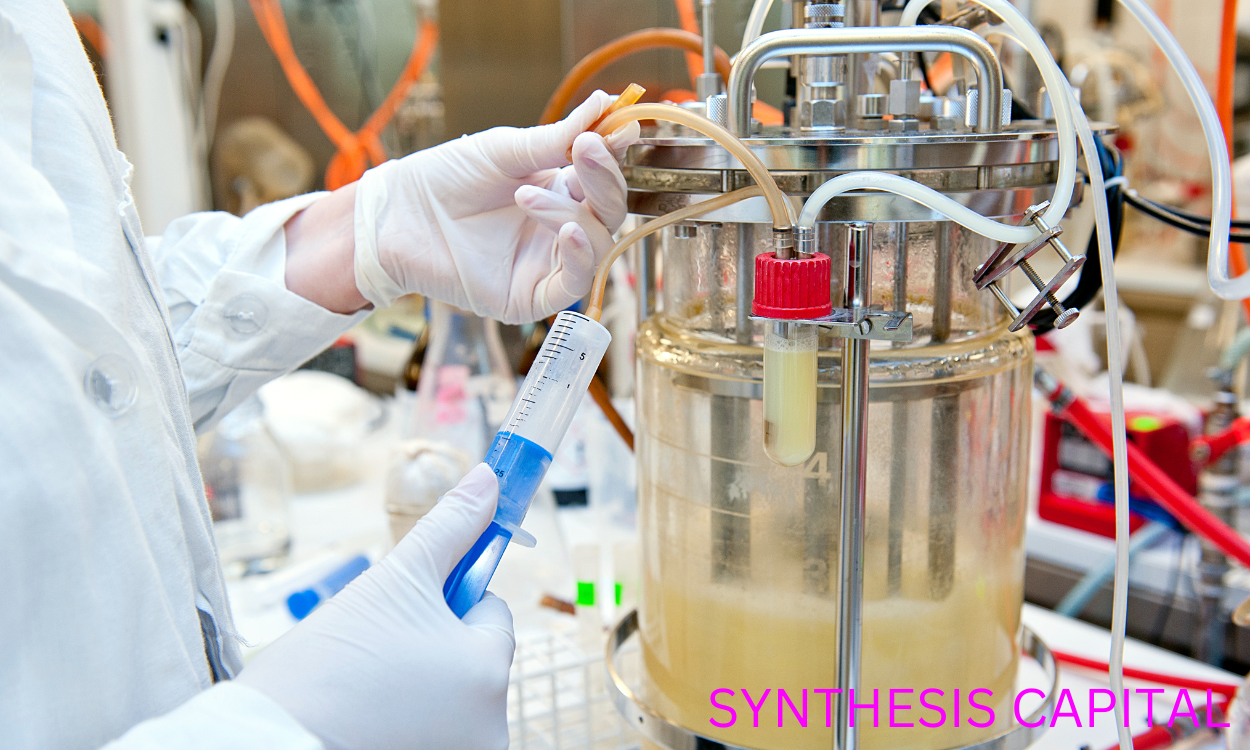Recombinant antibody technology represents a groundbreaking approach in the field of molecular biology, allowing for the creation of custom-designed antibodies with unparalleled specificity and efficacy. By harnessing the power of genetic engineering, scientists are able to manipulate the DNA sequences encoding antibodies to produce recombinant antibodies that exhibit enhanced binding properties and improved therapeutic potential. This innovative technique has revolutionized the development of targeted therapies for a wide range of diseases, offering new possibilities for precision medicine and personalized treatment strategies. In this article, we will explore the principles behind recombinant antibody technology, its applications in biotechnology and medicine, and the future prospects of this cutting-edge technology in advancing healthcare.
Understanding the Differences Between Recombinant Antibody Technology and Traditional Antibody Production Methods
recombinant antibody technology

Advantages of Recombinant Antibody Technology in Research and Medicine
Recombinant antibody technology offers several key advantages in research and medicine, including the ability to generate highly specific and potent antibodies against targets of interest, increased scalability and reproducibility in production, and the potential for engineering antibodies with enhanced functionalities such as improved stability, half-life, and specificity. Additionally, recombinant antibodies can be easily modified to include tags for purification or detection purposes, allowing for greater flexibility in experimental design and analysis. Overall, the use of recombinant antibody technology has revolutionized the field of immunology and has paved the way for the development of novel diagnostic tools, therapeutics, and research applications.
Exploring the Impact of Recombinant Antibody Technology on Disease Treatment
Recombinant antibody technology is being utilized in the development of new treatments for diseases such as cancer and autoimmune disorders by allowing researchers to engineer antibodies with specific targets and functions. These customized antibodies can be designed to bind to specific antigens on cancer cells or autoantibodies involved in autoimmune responses, effectively blocking their activity and triggering immune responses against them. This precision targeting leads to more effective and less toxic therapies compared to traditional treatments, making recombinant antibody technology a promising avenue for the development of novel therapeutics for these challenging diseases.
What challenges have researchers faced in optimizing recombinant antibody production processes?
Researchers have faced numerous challenges in optimizing recombinant antibody production processes, including issues with cell line selection, gene expression levels, protein folding and assembly, purification methods, and overall yield. Achieving high levels of antibody production while maintaining quality and specificity can be difficult due to the complex nature of antibodies and the multiple steps involved in their production. Additionally, factors such as host cell limitations, protein stability, and cost-effectiveness further complicate the optimization process. As a result, researchers must constantly innovate and refine their techniques to overcome these challenges and improve the efficiency and scalability of recombinant antibody production.
Tailoring Recombinant Antibody Technology for Specific Antigens or Pathogens
Recombinant antibody technology can be tailored to target specific antigens or pathogens by identifying the desired antigen or pathogen and then selecting the appropriate antibody fragment that specifically binds to it. This can be achieved through methods such as phage display, where a diverse library of antibody fragments is screened for those that bind to the target antigen, or through genetic engineering techniques to modify existing antibodies to increase their specificity for the target. By customizing the antibody sequence to match the target antigen or pathogen, recombinant antibody technology allows for the development of highly specific and effective therapies for a wide range of diseases and infections.

Exploring the Influence of Bioinformatics in Designing and Developing Recombinant Antibodies
Bioinformatics plays a crucial role in the design and development of recombinant antibodies by allowing researchers to analyze vast amounts of biological data to identify potential antibody targets, predict antibody structures, and optimize antibody sequences for improved binding affinity and specificity. Through the use of computational tools and algorithms, bioinformatics helps streamline the antibody engineering process, leading to the rapid identification of therapeutic candidates with enhanced efficacy and reduced side effects. This enables researchers to design and develop recombinant antibodies tailored to target specific diseases, ultimately accelerating the discovery of novel treatments and advancing precision medicine.
How do researchers ensure the stability and efficacy of recombinant antibodies during storage and transportation?
Researchers ensure the stability and efficacy of recombinant antibodies during storage and transportation by implementing a series of quality control measures. This includes proper packaging to prevent exposure to light, moisture, and temperature fluctuations that could degrade the antibodies. Additionally, maintaining consistent cold chain protocols is crucial to preserving the integrity of the antibodies during transit. Regular testing for potency and purity is also conducted to monitor the performance of the antibodies over time and ensure that they remain effective for their intended use. By following these stringent procedures, researchers can guarantee the reliability and functionality of recombinant antibodies throughout their storage and transportation.
What future advancements are expected in the field of recombinant antibody technology?
Future advancements in the field of recombinant antibody technology are expected to include further optimization of antibody engineering techniques to improve specificity, affinity, and stability of antibodies. Additionally, advancements in high-throughput screening methods and computational modeling will enable more rapid and efficient discovery of novel antibodies for a wide range of therapeutic applications. Furthermore, the development of new delivery systems and production platforms will enhance the scalability and cost-effectiveness of recombinant antibody production, making these biologics more accessible for a variety of medical treatments.